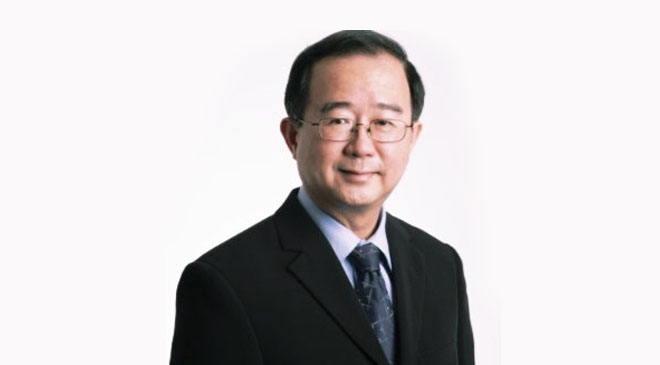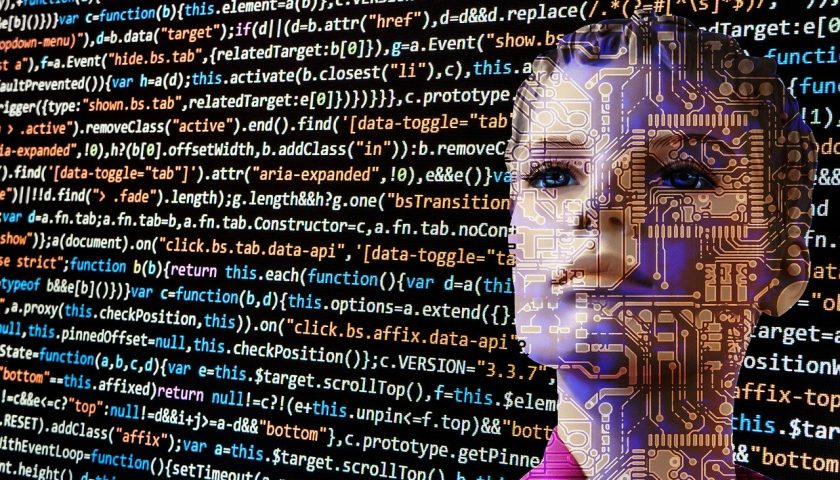
Currently a Professor he talks about what organisations need to stay relevant in the digital age.
Alex Siow, one of the first CIOs for the Singapore Government and currently a professor in the School of Computing at National University Singapore, offered his pearls of wisdom on having worked in leadership roles at industry IT associations in Singapore since the 1990s.
In a radio interview with Singapore’s Money FM, Professor believes for organisations to stay relevant in the digital age, leveraging digital technology becomes essential.
When covid-19 came about there were a lot of things that we have to adjust to because of the lockdown, many people were unable to go back to the workstation to work, notes the Professor.
“Companies that have already been practicing some form of telecommuting had advantage over others,” he said. “And we actually know I’m still serving the community and we know what’s happening. Also in some digital programs, we have been trying to encourage businesses to go digital.”
Professor Siow said businesses were always asking the government how they can help the business.
“I went around telling them that we can go on to digital quite relatively cheaply by adopting cloud solutions,” he said. “They are afraid of usability and all this sort of thing. But when covid-19 really come forcing a lot of companies that they’re not supposed to go digital to have some form of digitisation, they actually sort of whole business.”
Professor noted disruption isn’t a new concept and “mankind” was disrupted with a real life event like “fire”.
“Invent a steam engine, whatever that is, was invented. It’s a disruption, disruption to the people who is holding a job,” he said. “But sometimes the disruption is good, the disruption, and it makes a progress. It’s always, yeah, disruption in the form of electric vehicles. So the automobile industry will have impact.”
Professor noted “disruption is constant” and “that’s how men can progress”. The only thing now is this digital disruption.
“Digital disruption, because we are you know, we went into the industrial revolution, which is the information age,” he said. “We encourage our companies to go digital. Digital means having business processes to transform into digital phones so we can be more efficient and transact with information technology wherever possible.”
He believed a digital company is one that is enabled by information technology and now that has to go together to make digital transformation.
“Of the information age of companies that are in either digital, you’re not digital, you’re not digital, you are in trouble,” said Professor. “If you are digital, you are also in trouble because like who is the new innovation coming that is going to disrupt your business? Digital destruction is a faster pace than the previous many centuries of disruption.”
Professor noted if organisations want to continue to serve the customer, then they have to continue to see what the customer need, not just what the business needs.
As for CIOs, they’re job is to do mapping technology mapping. And they have a lot of consultants out there, for example, Gartner that actually comes out with a chart of all the technologies that’s coming in the next few years.
“We will have to do a map to actually see what are the relevant technologies because the relevant technologies to our company and put them into a strategic point and start deploying some of these technologies so well to deploy technology for technology sake and see what at this point in time, our company will require this technology,” he said. “Why not plan for it? So actually, it can be overcome because no matter how fast it is, but we will be able to cope because our brains look faster nowadays.”
In March 2021, Professor launched a new book, ‘Leading with IT: Lessons From Singapore’s First CIO’. The book offers the next generation of business leaders and executives working closely with technology practical tips and personal insights for navigating the rapid digital transformation efforts due to the pandemic and thriving the new normal.
The book aimed to inform and educate readers on the crucial role that IT plays in organizations and why the C-suite should offer CIOs a seat on the top decision-making body or board. As businesses shift their technology investments to embrace digital transformation, putting CIOs and CTOs at the forefront of digital work transformation is crucial in keeping businesses abreast of new industry developments that pop up every single day.
In the book the Professor also discusses:
- The management of legacy information and telecommunications technology
- The information overload often suffered by technology executives
- How to motivate and mentor a workforce
- How to manage change effectively
- The fostering of innovation
- The future of money, work, and artificial intelligence
Prior to his current appointment, Professor was the managing director, Health & Public Service at Accenture. He started his career as a Structural Engineer in the Housing & Development Board in 1981 and rose through the ranks to become the Chief Information Officer in 1989.
In 2003, the Professor joined the private sector and became the Senior Vice-President in StarHub. From 2005 to 2008, he worked as the Head, Business Markets where he was responsible for enterprise sales.
From 2008 to 2011 he was the CIO of StarHub and from 2011 to 2012, Alex was Head, Enterprise Risk Management. He was also very active in the IT Community and was the President of the Singapore Computer Society from 1997 to 2001.
Currently the Professor Siow is the Chairman of Toffs Technologies Pte Ltd and in the past, he held various board member positions in e-Cop Pte Ltd, National Computer Board, Certis Cisco Pte Ltd, Cleantech Pte Ltd, Science Centre Board and National Infocomm Competency Centre.




